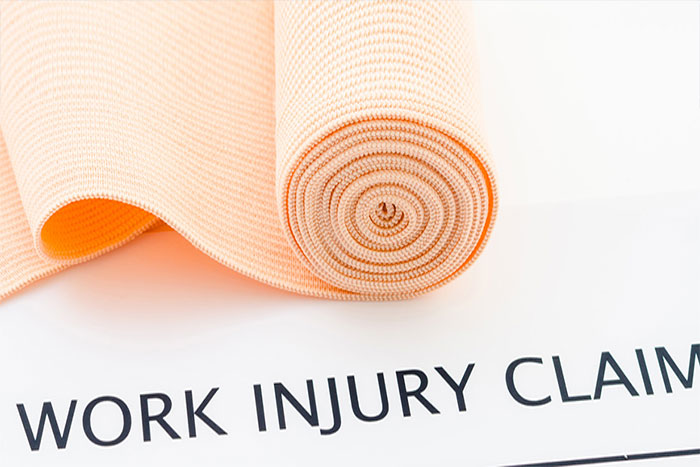Learn how third-party liability could mean more money after an injury at work in Birmingham
Suffering an injury while at work does not always mean paid time off or an easy reduction in your workload while on the job. Unfortunately, Alabama laws dealing with injured workers fall short in most instances of fully protecting their rights. Often, a workplace injury means taking a hit to your bank account on top of the bodily pain.
But what if it were possible to increase the maximum compensation you could receive for the injury you didn’t ask for?
In Alabama, there is a law that allows an injured employee to recover payment for both workers’ compensation benefits and other monetary damages like pain and suffering.
What is a third-party lawsuit?
According to Alabama Code § 25-5-11, if a worker suffers an injury while on the job due to the negligence of a third party (not a co-worker or an employer), a separate action in tort can be brought in addition to the benefits owed the employee.
Essentially, a tort is a legal term for an action that wrongfully harms someone, giving the injured party the right to sue for damages. This law allows you to pursue further compensation for your injury from those responsible, beyond what workers’ comp provides.
Think of it this way: You, the injured worker, are the first party, and your employer is the second party. When neither one of you is at fault, you can look to the third party for a tort claim.
How Workers’ Comp Differs From Personal Injury
Learn about the differences between workers’ compensation and personal injury lawsuits to better understand your options after a work injury.
What is an injury caused by a third party?
Some common examples of third-party liability include:
- Car accidents while on the job. These accidents might occur while making deliveries, running errands for your boss, or driving between work sites.
- Working off-site on someone else’s property when you sustain an injury from poorly maintained and hazardous conditions, such as a slip and fall accident.
- An injury from a tool, machine or piece of equipment that was defectively designed.
- Being injured on your own job site by an independent contractor.
Each of these examples is just one of many ways that your injury can be caused by someone or something outside of your employer’s control. If the circumstances leading up to your injury sound similar to this, you could have a case where a suit against a third party is possible.
Why should I file a claim against a third party after a work injury?
The reason this matters at all for those injured on the job is because a third-party lawsuit can increase the money paid to the employee.
Workers’ compensation benefits only cover economic damages like medical expenses and a portion of your lost wages if you can’t work for an extended period of time. They do not cover physical or mental pain and suffering, and they definitely do not include punitive damages.
But a tort action provides compensation for these very things, which, when added to benefits paid by the employer, can make your injury seem a little more bearable after all.
What types of compensation can I recover in a third-party claim?
In a third-party claim, an injured worker can potentially recover a wider range of damages than those typically covered by workers’ compensation. These damages can include:
- Full wage replacement for lost earnings
- Past and future medical expenses
- Pain and suffering
- Emotional distress
- Loss of consortium (the impact of injuries on the worker’s relationship with their spouse)
- Punitive damages (intended to punish the third party for their negligence)
This comprehensive scope of recoverable damages is designed to fully address the financial, physical and emotional impact of the injury on the worker’s life.
Will filing a third-party claim affect my workers’ compensation benefits?
Filing a third-party claim generally does not affect your eligibility to receive workers’ compensation benefits. Workers’ compensation is a no-fault system designed to provide benefits to injured workers regardless of who is at fault for the injury.
Therefore, you can usually receive workers’ comp benefits for your medical expenses and a portion of your lost wages while also pursuing a third-party claim for additional damages caused by someone other than your employer.
However, if you receive compensation from a third-party lawsuit, your workers’ compensation insurance carrier may have a right to be reimbursed from those proceeds for benefits already paid to you. This is known as a “subrogation” right. Essentially, you cannot receive double compensation for the same expenses or losses.
It’s important to navigate this process carefully, as the specifics can vary based on the details of your case. Consulting with an attorney experienced in workers’ compensation and personal injury law can help you maximize your total compensation while ensuring compliance with legal requirements.
Get help from an experienced Alabama work injury attorney
As we have since 1967, Nomberg Law Firm will continue to protect the legal rights of our clients—those who are hurt on the job while working for Alabama employers.

